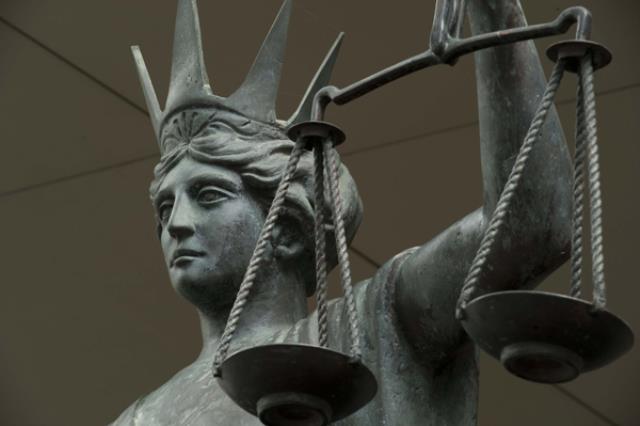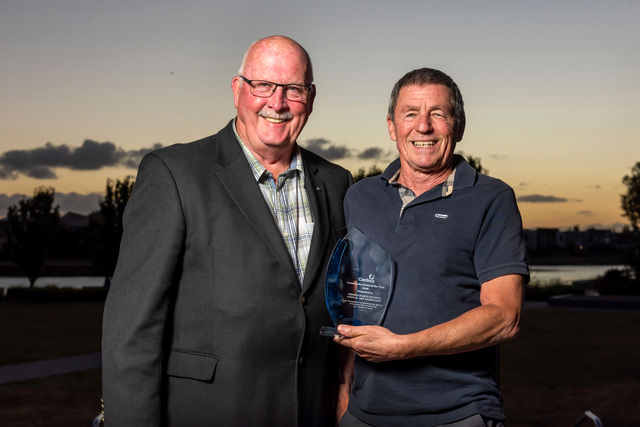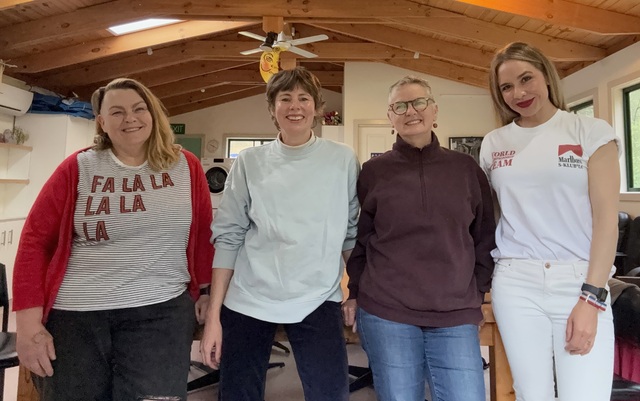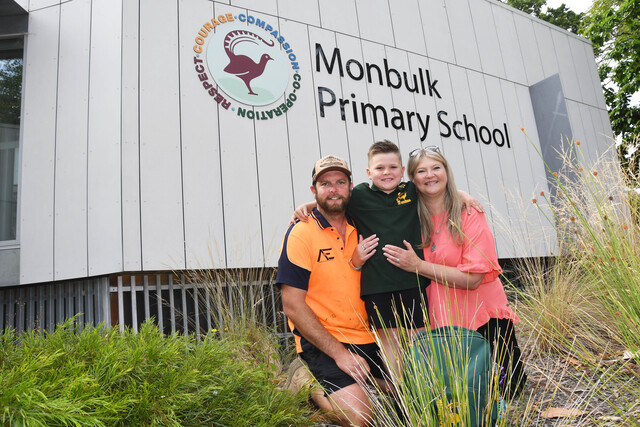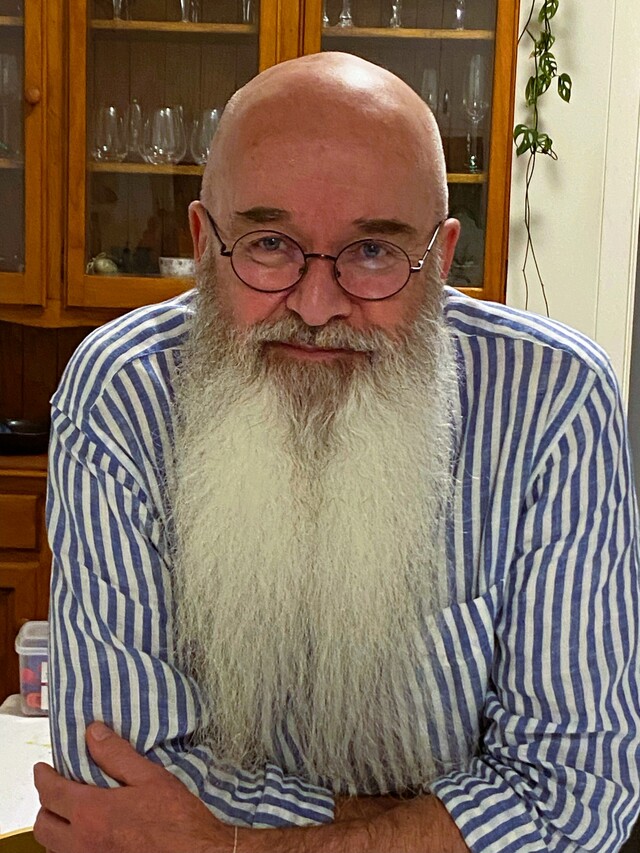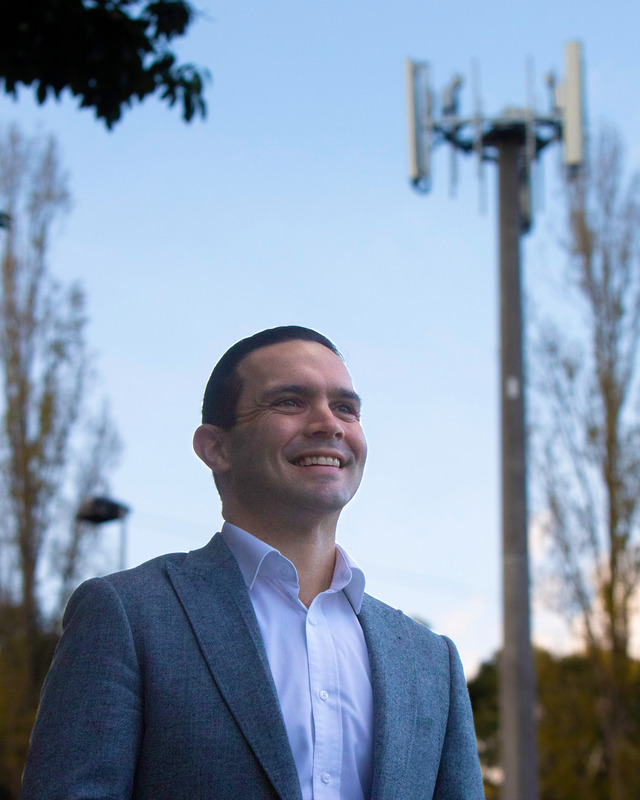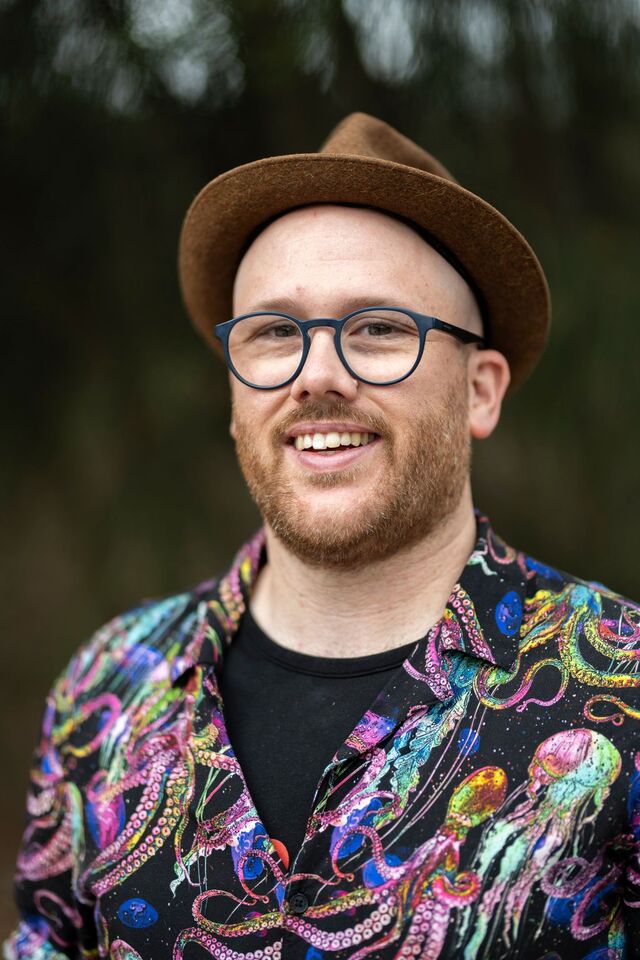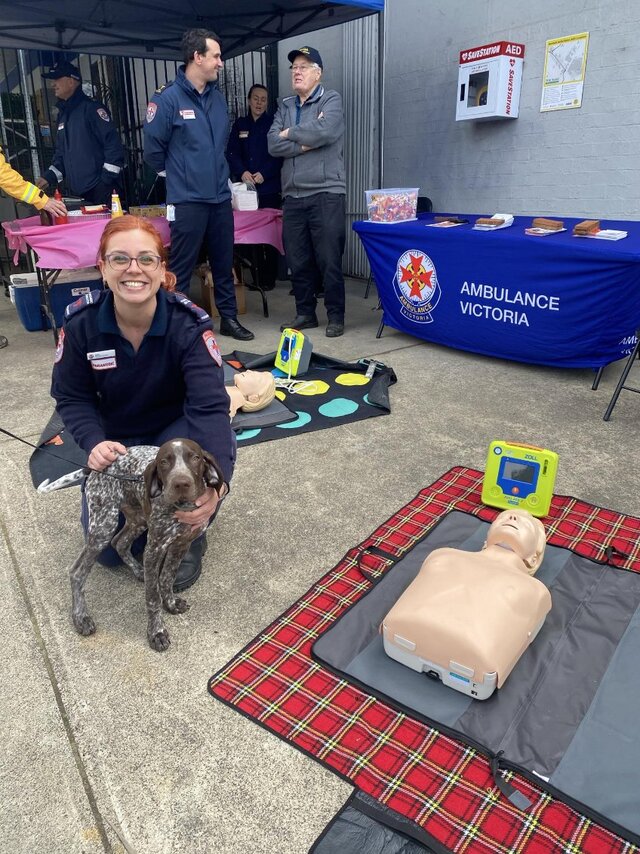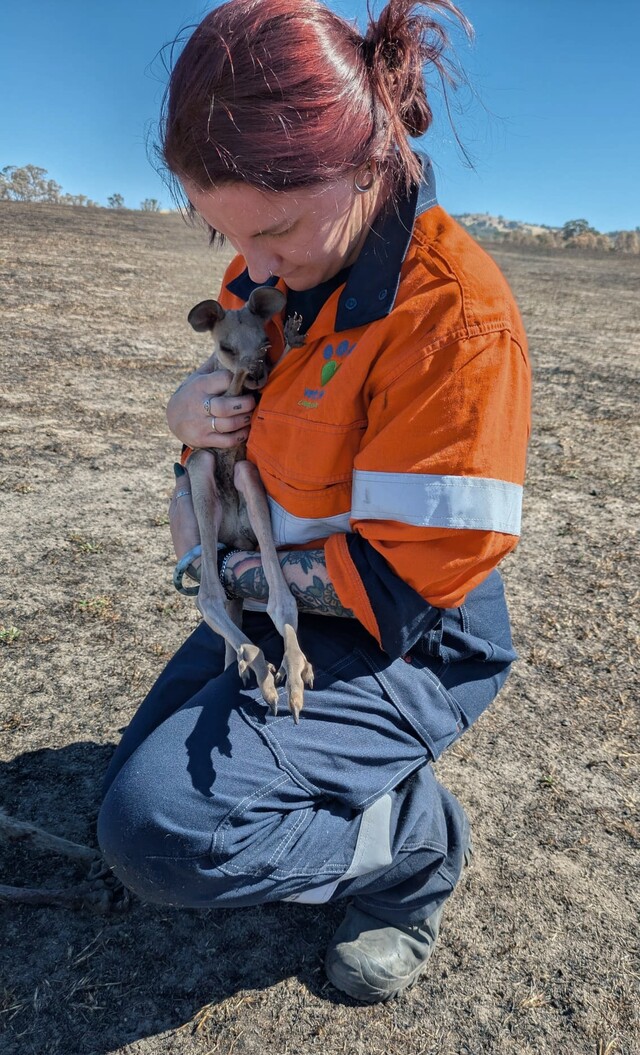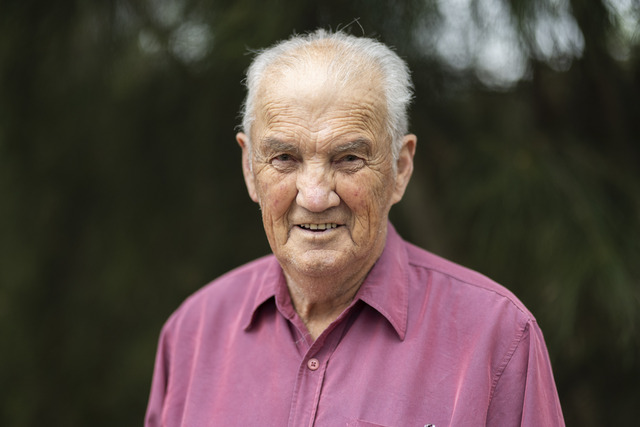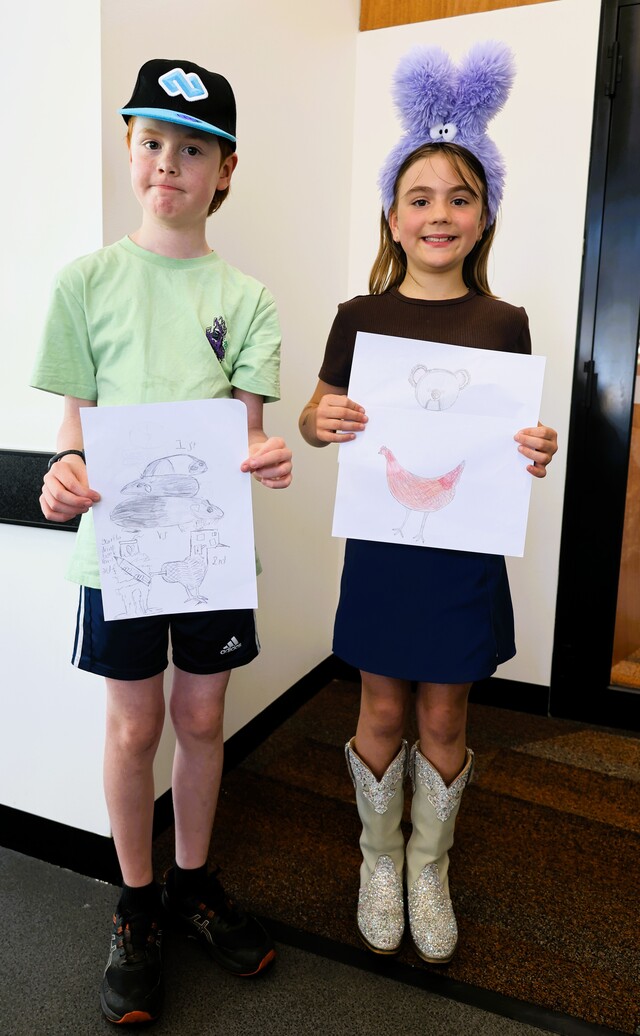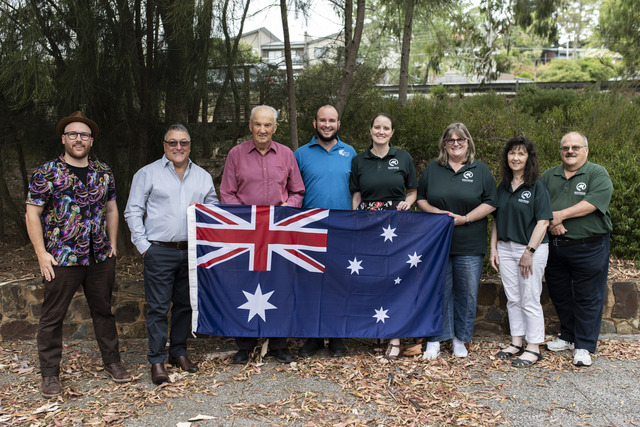A Boronia woman’s fight for fair compensation following a workplace shoulder injury has reached a pivotal moment that could impact how similar claims are handled in the future.
The plaintiff, Danielle Jordan has battled the Victorian WorkCover Authority (VWA) for years, as her life was turned upside down by a significant injury that led to a series of surgeries and ongoing suffering.
Her story began on January 30, 2017, when she suffered a shoulder dislocation at work, this wasn’t her first dislocation, but it was different.
The pain was sharper, and her arm went completely limp, which was something she’d never experienced before, the shoulder had dropped backward, while previous dislocations had caused it to slip downward.
In the moments after the accident, she knew something was seriously wrong.
Ms Jordan had lived with chronic shoulder instability since her teenage years, a condition that meant her shoulder frequently slipped out of place.
Despite this, she had managed to lead an active life, working full-time, caring for her young son, and even playing basketball, but after the workplace incident, her condition worsened rapidly.
She went from being able to manage the injury at home and work to being completely incapacitated, requiring surgery after surgery, including a shoulder fusion in 2022.
The VWA initially accepted liability for her injuries, covering medical expenses and weekly compensation, and approving a number of surgeries, including an arthroscopic labral repair in 2017 – however, in 2025, the VWA moved to terminate her benefits, citing reports from two medical practitioners, Ash Chehata (orthopaedic surgeon) and Dr Alexander Fixler (general practitioner), who argued that her current condition was no longer linked to the workplace injury.
But despite this, Ms Jordan’s legal team pointed out that the VWA had already accepted responsibility for numerous surgeries over the years, which suggested that the workplace injury was, in fact, the root cause of her ongoing suffering.
This point was crucial in her case.
The VWA had approved not just one, but several major surgeries over the years, including the fusion surgery that ultimately altered the course of her life.
To suddenly suggest that the workplace incident no longer played a role in her condition didn’t make sense.
It was clear from the medical history that the injury was the driving factor behind her need for increasingly complex surgeries.
While Mr Chehata argued that the injury in 2017 was minor and didn’t contribute significantly to her condition, other experts, like Dr Francis Ghan (orthopaedic surgeon), painted a much clearer picture.
Dr Ghan confirmed that the workplace injury remained a significant factor in Ms Jordan’s condition, and without that injury, she might never have required the fusion surgery.
His opinion, grounded in her medical history, was vital in securing the legal victory that allowed Ms Jordan to move forward with her claim for common law damages.
But beyond the physical pain and medical treatments, there was also the psychological impact of her injury.
The multiple surgeries left her with visible and permanent scarring across her right shoulder and arm, a part of her body that had previously been marked with a tattoo she’d worked hard to design.
The scars were not just a reminder of the pain she had endured but became an unwelcome feature of her appearance.
She described the scars as “ugly” and expressed how self-conscious she felt when wearing certain clothes.
On hot days, the scars would become itchy and prone to sunburn, adding to her daily discomfort.
For a young woman who had always taken pride in her appearance, the scars were not just physical but a constant reminder of how much her life had changed.
Despite the pain, the scarring, and the loss of function in her arm, Ms Jordan remained determined to seek justice.
The legal battle has been tough, but the recent court decision to allow her to seek common law damages feels like a small victory for Ms Jordan.
For many, including locals in Boronia, her story is a stark reminder of the hurdles many workers face when trying to get fair treatment within the workers’ compensation system.
The emotional and physical toll of an injury can be life-altering, and the fight for fair compensation can be just as exhausting.
Ms Jordan’s journey isn’t over yet, as she continues her fight for recognition and compensation, her case underscores how vital it is for medical evaluations to be thorough and for WorkCover to fully understand the lasting effects of an injury, physically and emotionally.

